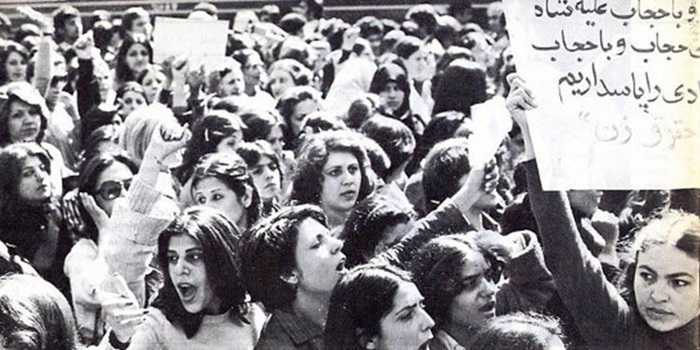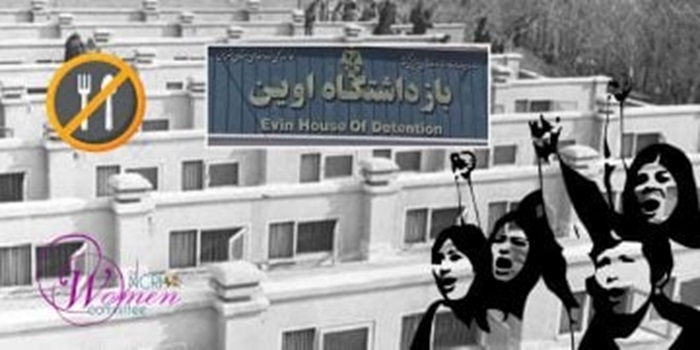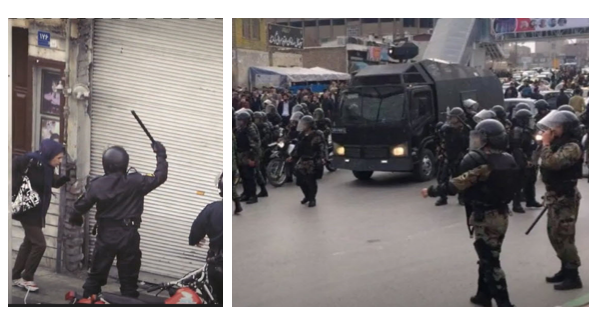
As we commemorate the anniversary of the 1979 Revolution, a pivotal moment that led to the downfall of the Shah’s monarchic regime in Iran, it’s crucial to highlight the remarkable role of Iranian women.
This era marked a significant leap in the long history of Iranian women’s struggles for freedom and equality. Their extensive participation in the recent uprisings echoes their influential presence during the revolution, underscoring a tradition of resistance that precedes even that monumental event.
Historical accounts, both Iranian and Western, have often neglected the heroic deeds of Iranian women, with patriarchal narratives minimizing their contributions. Yet, the limited records that have survived attempts at erasure by dictatorial and misogynistic forces reveal the profound impact women have had on Iranian politics, art, and science since the Constitutional Revolution of 1906, despite facing numerous injustices and barriers.

The willingness of women to take center stage in social movements, often at great personal cost, stands as a testament to their indomitable spirit. Hunger Strikes Against the Death Penalty in the Women’s Ward of Evin Prison
The anti-dictatorial fervor of the 1979 Revolution showcased the vital role played by women, notably influenced by their participation in movements like the Mojahedin (PMOI/MEK) and the Fedayeen, as well as the activism of mothers and families of political prisoners and execution victims of the Shah’s regime.
Among these brave women were Fatemeh Amini and Mehrnoush Ebrahimi, whose sacrifices became a beacon for female intellectuals and university students ready to fight for change. Amini, after being brutally tortured, died under the Shah’s regime, becoming the first female Mojahed martyr. Ebrahimi, a dedicated member of the Fedayeen movement, was killed in a confrontation with the Shah’s secret agents, marking her as the first female Fedayee martyr.
The revolution’s final months witnessed an unparalleled mobilization of women, from young students to the older generation, demanding freedom and rights.

This broad participation showcased women’s emerging force in Iran’s socio-political landscape, challenging long-standing suppressions.
However, the aftermath of the revolution introduced a stark contradiction. The new regime, under Khomeini, sought to curtail the freedoms women had fought for, imposing strictures like the mandatory hijab and pushing women back into domestic roles. Yet, women were quick to resist, with early protests against forced hijab and the continuous struggle for their rights highlighting their resilience.
Despite facing brutal repression, women continued to stand at the forefront of protests and resistance, evolving into a leading force in the fight against Iran’s religious dictatorship.

The PMOI’s stance against forced hijab and for women’s rights, alongside the active resistance of women in the face of repressive measures, marked the beginning of a new era of female-led activism.
Iranian women’s pivotal role in advocating for change is not a spontaneous occurrence but is deeply rooted in a 150-year history of struggle for freedom and equality. Their determination and sacrifice have not only shaped the course of Iranian history but also serve as a powerful reminder of their potential to lead future transformations.

MEK Iran (follow us on Twitter and Facebook), Maryam Rajavi’s on her site, Twitter & Facebook, NCRI (Twitter & Facebook), and People’s Mojahedin Organization of Iran – MEK IRAN – YouTu
